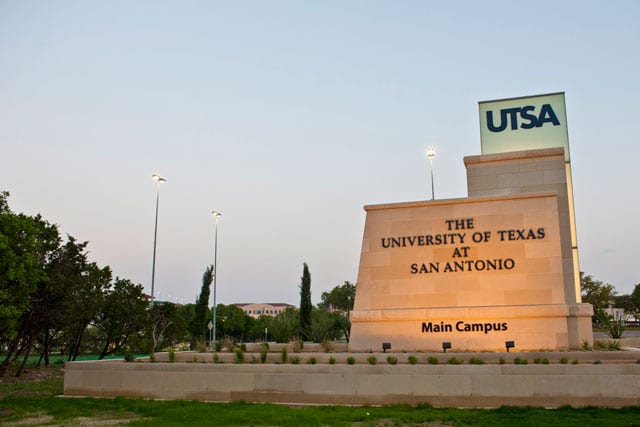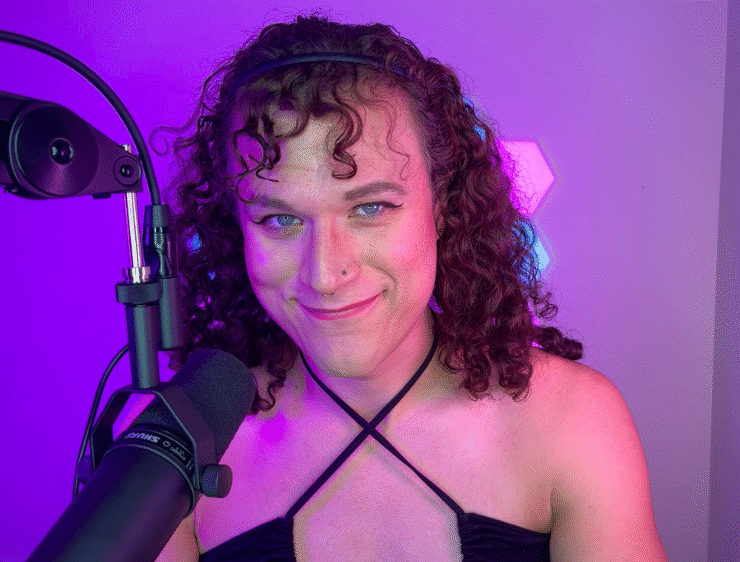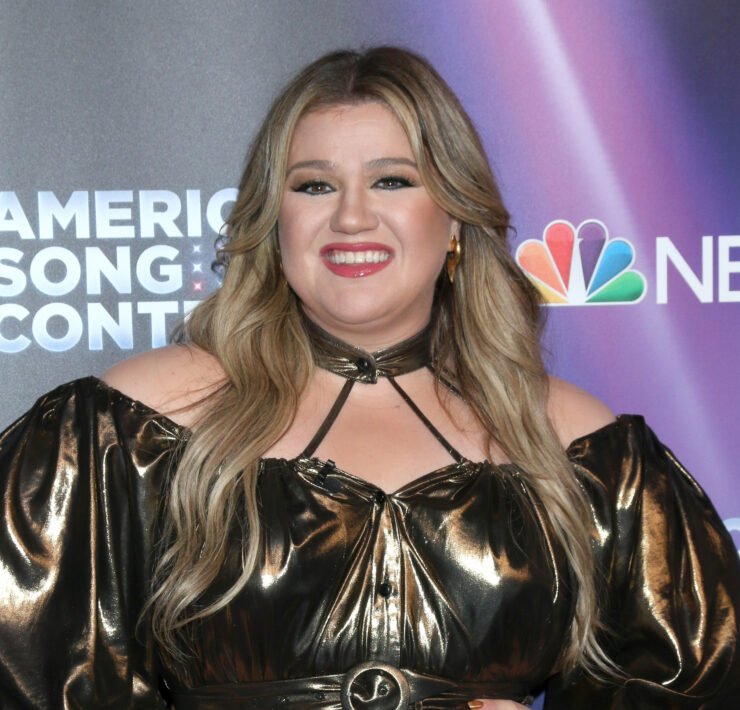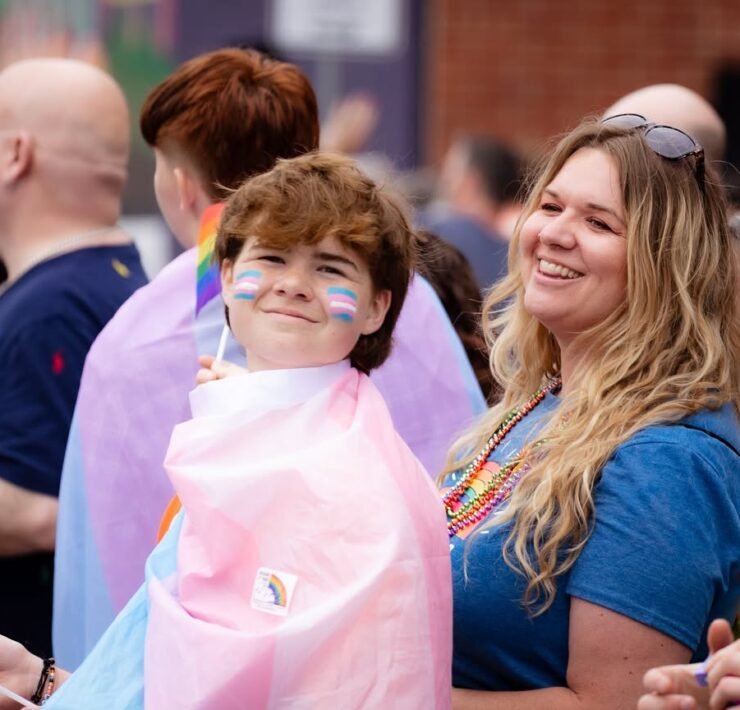Greeley community, including Ken Buck, unites for the Zapata family

Nikki is Out Front Colorado's northern corespondent. Contact her at…
Weld County District Attorney Ken Buck – who was also the 2010 Republican nominee for a Colorado senate seat – said his involvement in the case of Angie Zapata, an 18-year-old Weld County trans woman murdered in 2008, changed the way he thinks of hate crimes.

“It affected me in a lot of ways,” Buck said Sept. 9 at a public screening of Pictures of Angie, a documentary film about Zapata. “This was really an eye-opening experience.”
In 2005, Buck was publicly opposed to adding crimes against LGBT people to Colorado’s hate crimes statutes – but would later prosecute the first successful hate crime murder conviction in Colorado history for the murder of Zapata.
More than 140 people gathered at the High Plains Library District administration office in Greeley to view the hour-long documentary and panel discussion immediately following.
Following the film, attendees had the opportunity to submit questions to the panel about the film, issues affecting the transgender community and hear details of the precedent-setting trial.
Zapata, an 18-year-old transgender Greeley woman was murdered during the summer of 2008 by Alan Andrade, a member of a Denver gang. It is believed Andrade was attempting to save face with his gang. He would not continue to fare well in the gang if they learned of his relationship with a transgender woman.
The trial was the first in the nation to find a defendant guilty of first-degree murder and a bias-motivated crime. Andrade is serving a life sentence without parole at the Colorado State Penitentiary in Cañon City.
The first question was posed to Buck: “How has this experience of the trial and viewing this movie affected you?”
Buck said, “Initially, I was opposed to adding the GLBT community to the hate crimes law in 2005. I talked to then Gov. Owens about this and he eventually signed the bill in May, 2005.” The 2005 bill did include gender identity in the language.
“After this case was over, I wrote an editorial in The Denver Post about why the GLBT community should be included in the bias-motivated, hate crimes law,” Buck continued.
“I really learned a lot; it’s an interesting subject because it’s not something I had much exposure to. I learned a lot personally about transitioning. I think the movie did a great job of showing the challenges that Angie went through.”
Another question was directed to Zapata family.
“Has there been a shift in attitude or perception about Angie, has there been more acceptance since everything happened?”
Gonzalo Zapata spoke for the family, and said “We came out to her (their mom). At first, she was confused … the three of us were afraid she wasn’t going to love us. That didn’t happen, she continues to love us.”
Zapata’s mother, Maria, who was present in the audience, stood and shared a few personal thoughts: “I felt safe in the Greeley community,” she said. “People from the community, UNC, they have open arms. I feel so comfortable, I feel my Angie here – I feel her here!”
The evening concluded with an open discussion between the audience and panel members about educating the community, helping families and resources available to our schools.
Following up with District Attorney Ken Buck:
Regarding the statement on the CNBC show, Meet the Press where you compared LGBT issues to alcoholism.
My statement was that I believe homosexuality involves a predisposition. I didn’t say whether the predisposition was a matter of nature or nurture. That is as far as I intended the comparison.
Why were you opposed to adding the LGBT community to the hate crimes law in 2005?
Initially I was concerned that the hate crimes law could impact a person’s right to free speech. Though I am personally against the use of derogatory and hateful labels; the first amendment protects our right to use these words, no matter how offensive.
How do you feel, after the Zapata case, about the inclusion of the LGBT community in the hate crimes law?
Bias-motivated crimes have a chilling ripple effect on select communities. Violence is always tragic for the victim and his or her family and friends. But bias-motivated crimes spread that tragedy even further because they send terror across an entire group of our neighbors. It’s time to take a strong stance against that insidious level of violence that goes well beyond a singular crime.
What's Your Reaction?
Nikki is Out Front Colorado's northern corespondent. Contact her at nikki@outfrontcolorado.com.










